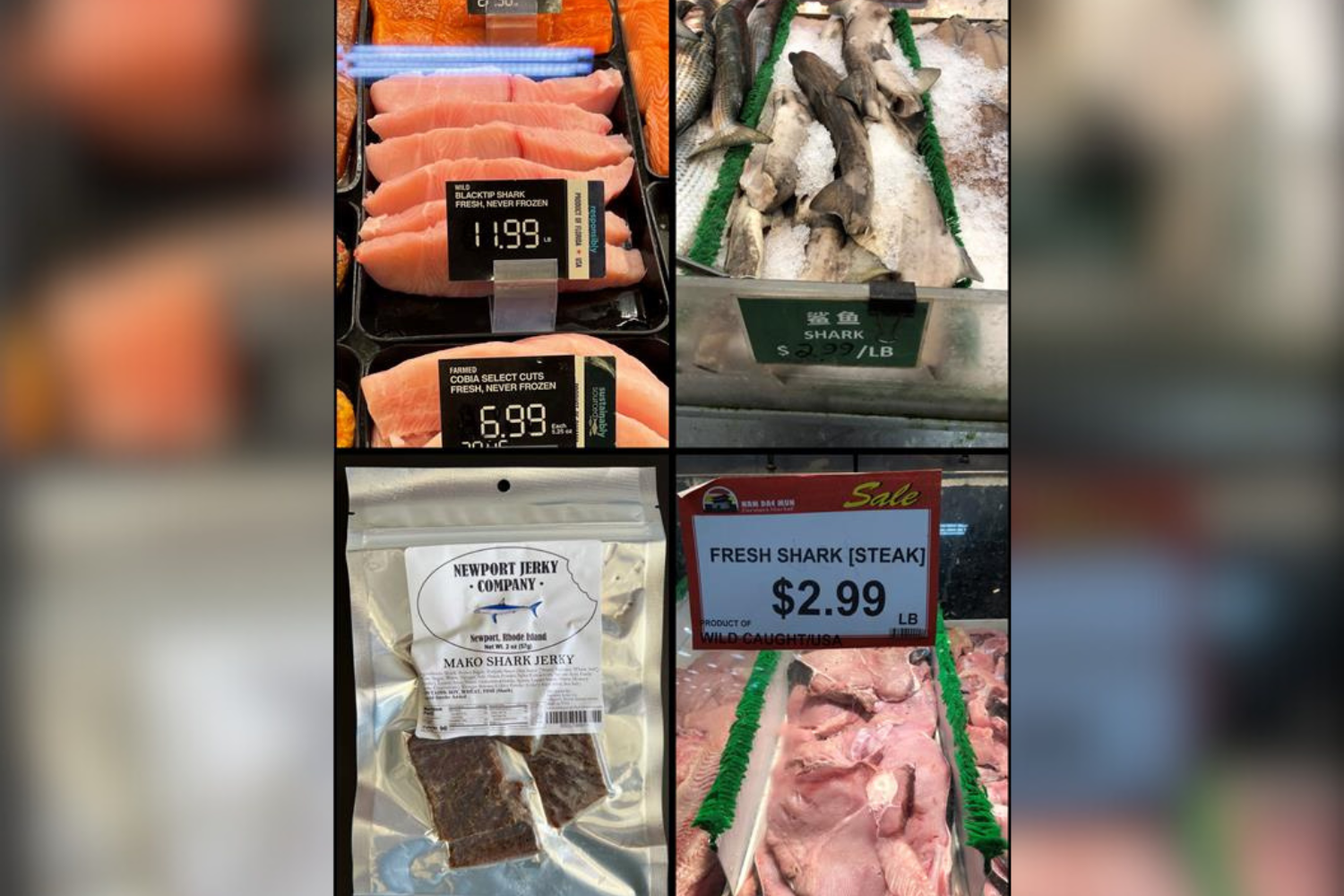URGENT UPDATE: Shocking new research reveals that Americans are buying critically endangered shark meat from grocery stores, seafood markets, and online without even realizing it. A study conducted by researchers at the University of North Carolina at Chapel Hill analyzed 30 shark products purchased across states including Washington, D.C., North Carolina, Florida, and Georgia between 2021 and 2022, uncovering alarming results.
Nearly one-third of the samples were found to originate from endangered or critically endangered species such as the great hammerhead and shortfin mako. Lead author Savannah J. Ryburn stated, “Of the 29 samples, 93 percent were ambiguously labeled as ‘shark,’ and one of the two products labeled at the species level was mislabeled.” This widespread mislabeling raises serious concerns for consumer safety and conservation efforts.
What does this mean for consumers? Many shark products are sold under generic labels like “shark,” making it impossible for shoppers to identify the species or its conservation status. Prices vary dramatically, with fresh shark meat retailing for as low as $6.56 per kilogram and shark jerky averaging over $200 per kilogram.
Beyond conservation issues, health risks are significant. Certain shark species, including hammerheads, contain high levels of mercury and arsenic, posing risks to human health such as brain damage and cancer. This adds urgency to the call for transparency in labeling.
Shark populations have plummeted by more than 70 percent since the 1970s, primarily due to overfishing, habitat destruction, and climate change. The International Union for the Conservation of Nature (IUCN) warns that more than a third of shark species are now threatened with extinction. While 74 shark species are protected under the Convention on International Trade in Endangered Species (CITES), enforcement is lacking, leaving loopholes that threaten these vulnerable species.
Ryburn emphasizes the need for stronger regulations, saying, “Sellers in the United States should be required to provide species-specific names.” She argues that when shark meat is not essential for food security, consumers should refrain from purchasing products that lack clear labeling or traceable sourcing.
With the implications of this study resonating across the nation, the message is clear: consumers must demand transparency in the seafood market. The sale of endangered shark species not only threatens marine ecosystems but also poses serious health risks to unsuspecting consumers.
As this issue develops, it is crucial for shoppers to remain vigilant and informed about the products they are purchasing. The call for stronger labeling requirements is growing, and public awareness could play a pivotal role in protecting both consumers and endangered marine life.
For further information or to report related stories, you can contact us at [email protected].
Stay tuned for more updates on this critical situation affecting our oceans and health.
